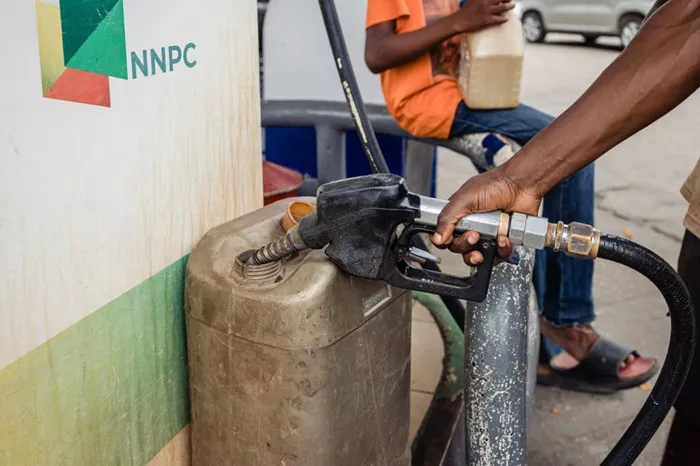As the price of premium motor spirit (PMS), commonly known as petrol, continues to rise, demand has experienced a significant decline. This downturn is closely linked to the recent removal of subsidies and the full deregulation of the petrol market, which has allowed prices to be determined by market forces.
According to the Nigerian Midstream and Downstream Petroleum Regulatory Authority (NMDPRA), daily petrol consumption plummeted by as much as 92%. Data shows that as of August 20, 2024, consumption had decreased to 4.5 million litres per day, a stark contrast to the 60 million litres consumed daily in May 2023.
The NMDPRA’s Daily Truck Out Report further reveals that only 16 of Nigeria’s 36 states received petrol allocations from the Nigerian National Petroleum Company Limited (NNPCL) in August 2024. This significant reduction in consumption follows the end of a decade-long subsidy program, which cost the government approximately $15.7 billion (or N12 trillion).
In the Lagos metropolitan area, many independent marketers report either low stock levels or diminished patronage. One oil marketer from Mushin, Lagos, told The Nation that the high price of petrol has discouraged smaller marketers from continuing their businesses. He noted a decline in customer traffic, stating that a truckload of 45,000 litres of petrol that sold for N7 million last year now costs up to N47 million. Many marketers, who chose to remain anonymous, have begun partnering to purchase a single truckload due to the steep costs and reduced demand, raising concerns that some may abandon the business altogether.
Additionally, the once-thriving illegal smuggling of petrol across borders has also been severely impacted by the subsidy removal. Sources indicate that the high local prices have diminished the profitability of this trade.
With growing interest in using Compressed Natural Gas (CNG) as an alternative fuel, the appeal of petrol is waning. A comparative analysis from analysts at Sydani Group suggests that using CNG can result in significant savings—up to 90%—compared to petrol. For instance, fuelling a vehicle with petrol for a month can cost around N150,000, while the same journey on CNG would only amount to N15,000.
Related topic:

